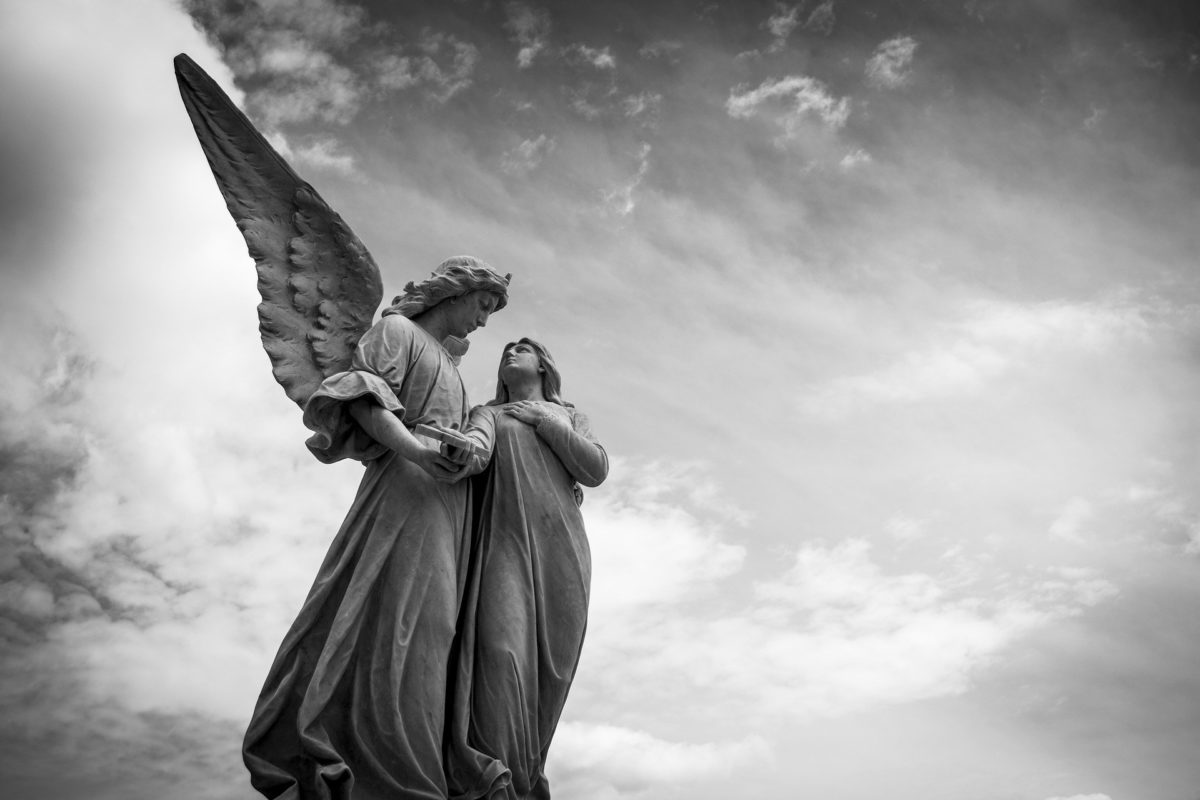One religion is older than the other, although biblical history says that the belief in an absolute God has always existed. Today we are going to talk about Buddhism and Christianity, two religious doctrines that are very similar in some ways and very different in others (see also: Gods of Buddhism).
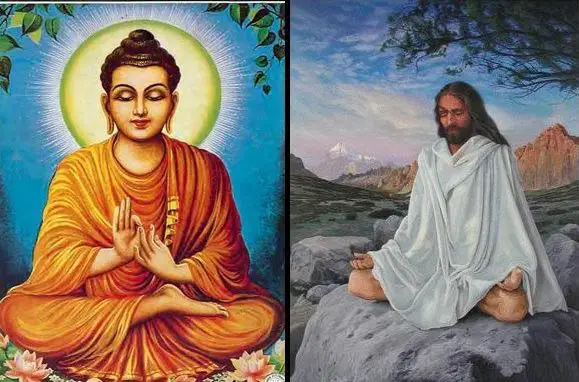
Are Buddhism and Christianity compatible?
Wow, that is a pretty straightforward question regarding these two major religions that dominate the lives of many people. Although Buddhism as such can often be seen as a rather passive philosophy of life.
It is really silly to compare two religions and make people decide which one they should practice in their lives, considering that they have a third option of simply not believing or trusting in any religion at all.
But as mentioned above, Buddhism is often considered not as a religion but as a philosophy of life. Christianity, on the other hand, is a religion in all its glory, and one that has shed much blood throughout its history.
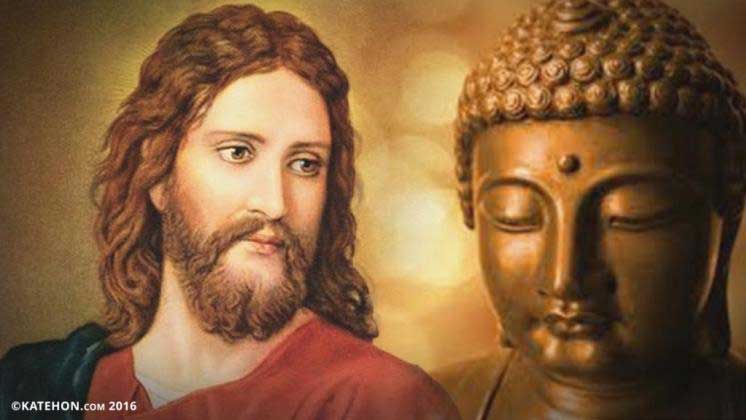
If we go back many centuries, when Jesus ascended into heaven he left his disciples to take the message of salvation to every creature and to make more disciples in Jesus’ name. In the beginning, Christians were persecuted and killed by the Romans and all those who did not believe in Christianity.
After the Edict of Milan, issued by Constantine, the Roman armies would stop persecuting Christians and Christians would take an important role within the Roman Empire, expanding throughout much of Europe, Asia and Africa, killing many people in the name of God.
In our day, the Catholic Church itself has acknowledged the mistakes of the past, but what the hell, all those millions of people killed will never come back to life. Because of Christianity, “holy” wars have developed (they are not holy at all).
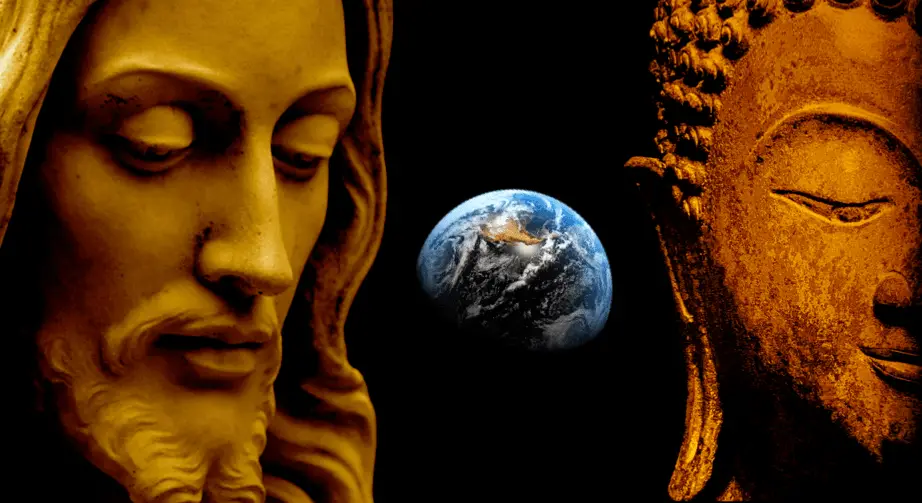
It is not the same with Buddhism, there have been no holy wars in the history of Buddhism, it has always been a religion or doctrine of peace and tranquillity. This is the first incompatibility, at least historically.
On the other hand, there are more dogmatic than historical reasons. In Christianity there is a belief in a Supreme Being who created everything, who is infinite, i.e. Jehovah has no beginning and will have no end, he will exist for all eternity.
In Buddhism there is no God, they do not rule out the existence of an absolute God, but they do not deny it as such, this kind of thinking is considered by Christians as atheistic thinking. Again, they are incompatible.
Buddhism, Christianity, Islam and Judaism
Buddhism is a philosophical doctrine that seeks to help people reach the state of enlightenment achieved by the first Gatuama Buddha. More than a religion, it is a way of life whose teachings seek to guide the individual towards ultimate enlightenment, freedom in every sense of the word.
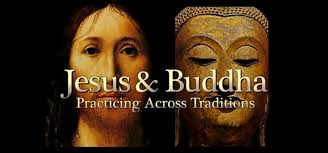
Christianity is a religion that revolves around the belief in a supreme being called Jehovah, whom they call God. He created everything, is almighty, omnipotent and omnipresent; that is, he is all-powerful, all-knowing and all-seeing. He was not created, nor does he have an end.
In the Christian story, Jehovah created a “perfect” angel who turned out to have a defect, he wanted to occupy the throne of God because he envied it, so he was not a perfect being, this angel was Lucifer, with whom he had to fight to throw him out of heaven, although well, the one who did that was the archangel Michael.
Then he created man in the Garden of Eden and placed two trees there: The tree of the fruit of the knowledge of good and evil, and the tree of the fruit of eternal life. Lucifer tempted the woman to eat from the tree of the knowledge of good and evil, and she fed it to her husband, Adam.

They both sinned and condemned all mankind, and God drove them out of Eden. After so many battles, prophets, messengers of God and so much bloodshed. Jesus, the Son of God, came to earth to die on the cross for the forgiveness of our sins. Then whoever believes in him and follows the laws of God will go to heaven and have eternal life.
Something similar is true of Islam, except that they took the initiative from the Prophet Muhammad, who, according to Islamic teaching, was the last prophet sent to earth by God. They do not believe in the Trinity as Christians do, they believe that there is only one God and that Jesus was just another prophet used by God.
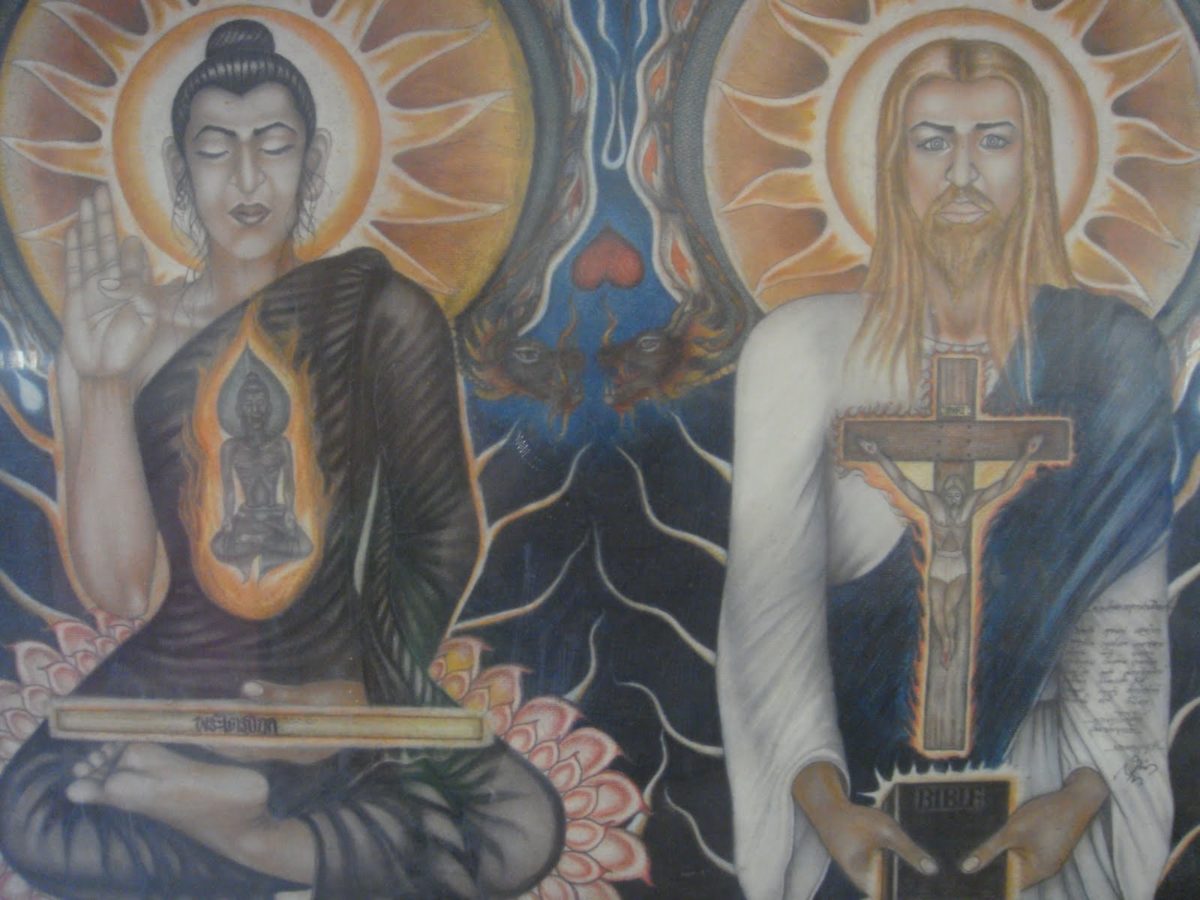
And then we have Judaism, which is very similar to Christianity and Islam, or should I say vice versa; Christianity and Islam are offshoots of Judaism, which ironically has a smaller following than Christianity and Islam.
Similarities between Buddhism and Christianity
Earlier we talked about the things that make Christianity and Buddhism compatible or incompatible. Now we will talk a little about the similarities between the two doctrines. This is a subject that can be controversial, but it should be seen as informative.
As far as ethics and morality are concerned, there are actually many similarities between Christianity and Buddhism; in fact, all religions that exist in the mortal world tend to have many similarities in this area, in ethics and morality.
In Christianity one of the commandments is to love your neighbour as yourself, while in Buddhism one of the main things is to help other people out of their state of misery, to help your neighbour as much as possible, and above all to help him or her to take the right path.
Christianity constantly talks about God’s love for people on earth, but it also talks about the love we should have for God and our neighbour. We are constantly invited to love, and it is the same in Buddhism, it is constantly talking about love, towards ourselves, towards other people, towards nature itself.

In Christianity there is always talk of a paradise free from pain, crying, suffering, anything that can disturb people’s souls. And that it can be attained by confessing the name of Jesus as Saviour, doing what God dictates and keeping His commandments, living in holiness. In this way he would attain heaven, peace and happiness forever.
In Buddhism, something similar happens when a person dies, and depending on our karma (remember that karma is the energy generated by an action, whether good or bad, and this energy can influence the course of our lives), we may have a golden opportunity to attain supreme enlightenment.
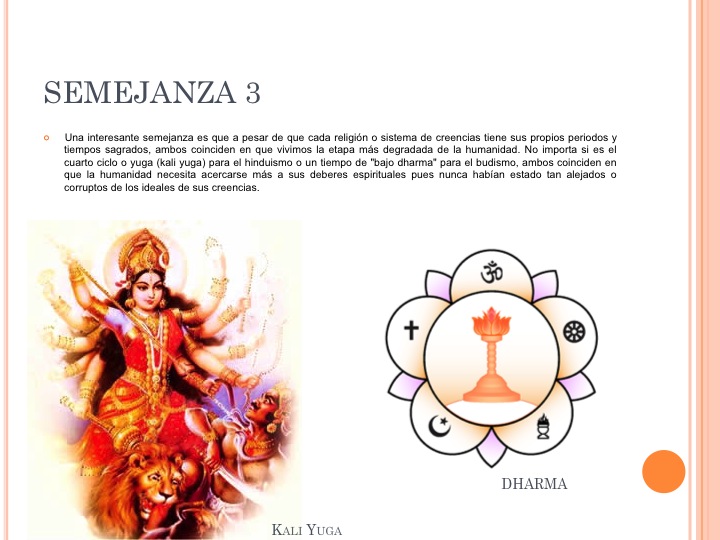
Differences
Well, there are many very significant differences between Buddhism and Christianity. One of the most notable is that Christianity is a religion where there is one God, and that God is three in one, whereas in Buddhism there is no God, at least not in traditional Buddhism.
Buddhism tries to show the world, to show people the right path to enlightenment. It is often seen as a way of life, where people try to get better every day, rather than a religion like Christianity.
Another clear difference between the two doctrines is that in Buddhism there is no belief that after death there is a second life where everything is bliss and awareness, no, they speak of a perfect opportunity to reach nirvana and become one with nothingness without maintaining consciousness.

Another quite important and remarkable aspect between the two doctrines is that in the case of Buddhism, Buddha never claimed to be a God or any kind of deity, nor that he was of divine origin, he defined himself more as a guide to the path of Nirvana. In Christianity, Jesus claims to be God made man, and also says that he is the way to truth and eternal life, emphasising that he is the only way to eternal life (see also: Principles of Buddhism).
Buddhism vs. Christianity
It doesn’t really make much sense to put Christianity in one corner and Buddhism in the other. People are capable of deciding what they believe in throughout their lives; many people consider religion to be a social backwardness.
There are also many others who have somehow found peace in the midst of so many problems in their lives, all thanks to a religion, be it Christianity or Buddhism. Buddhism is currently seen as a way of life that seeks to keep a person in perfect harmony with the energies of the world and to be happy.
Christianity, on the other hand, at its core, seeks human happiness and eternal life. These are very tempting offers and each of us should be able to see through the ideas and make an optimal decision.

